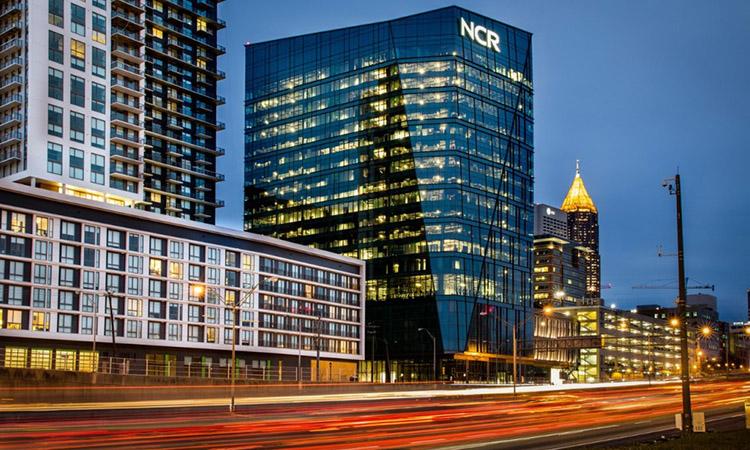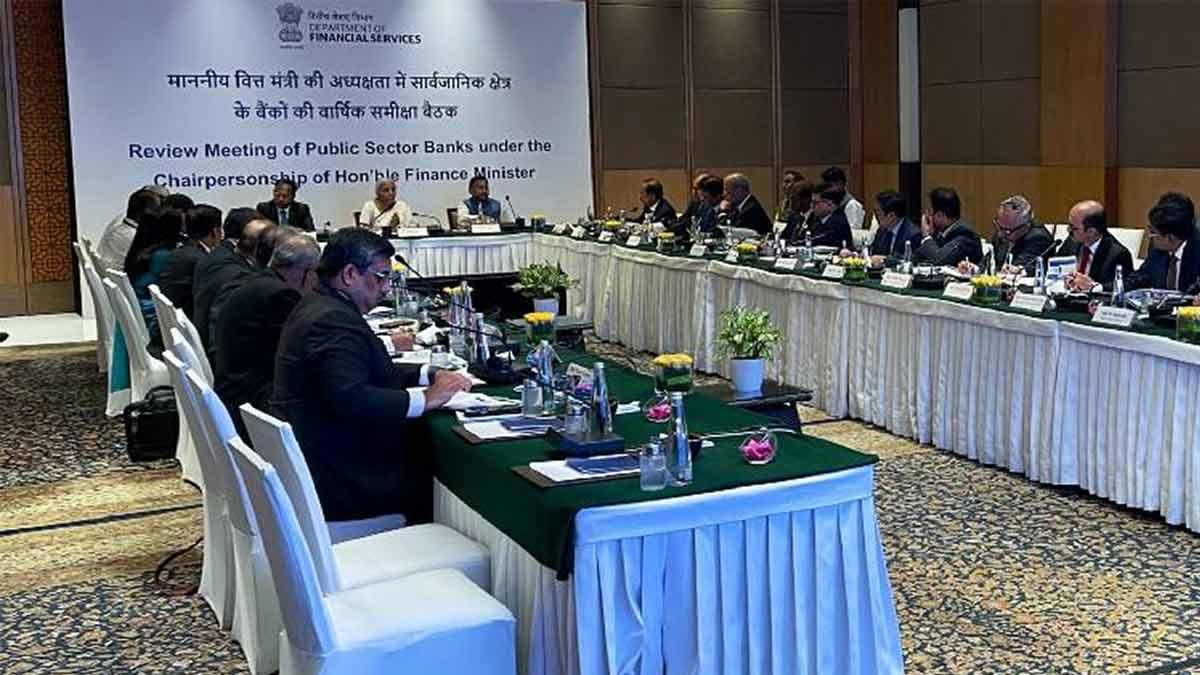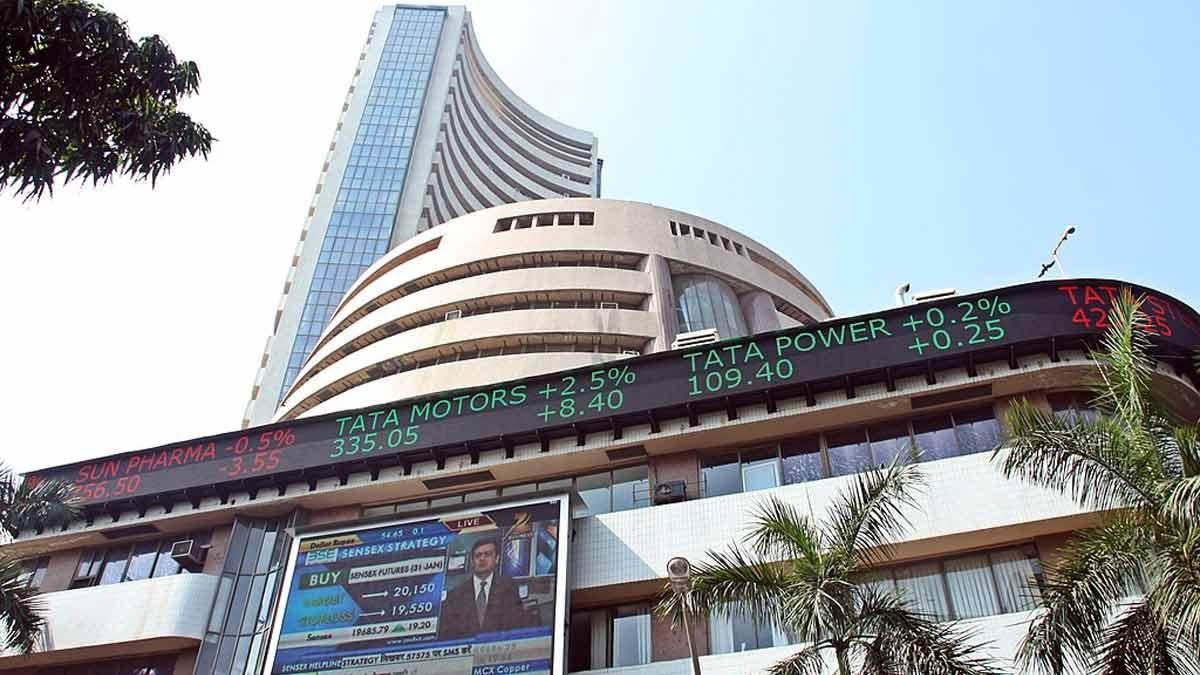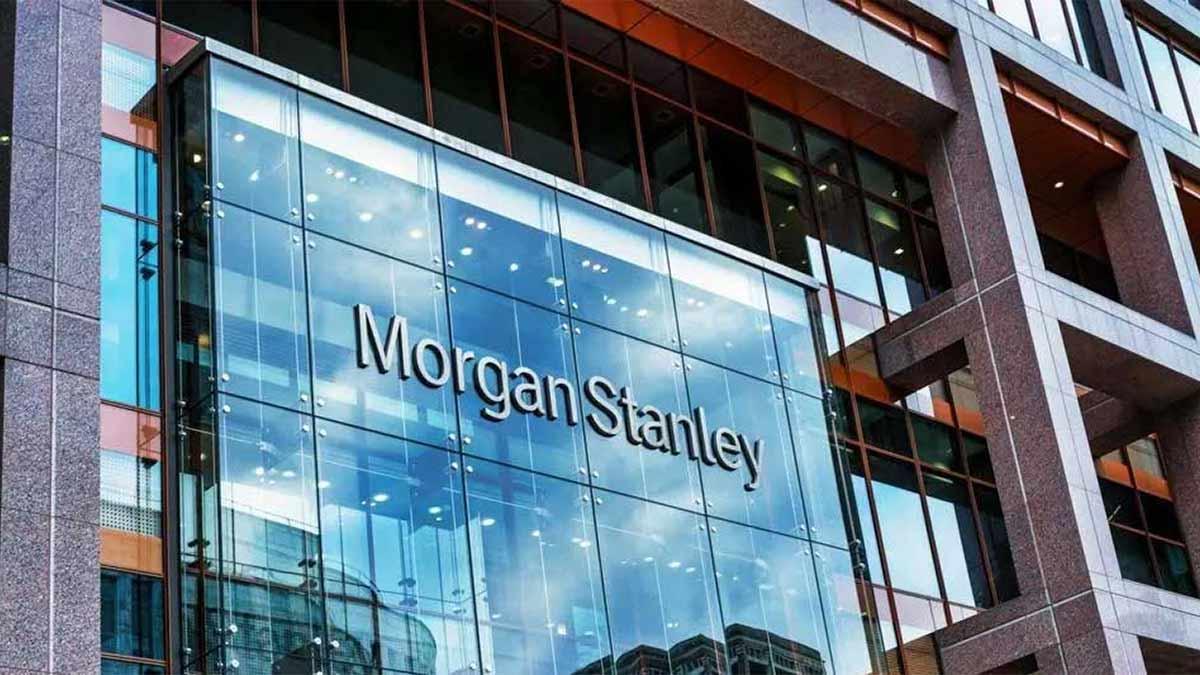The pandemic has brought forth many contrasting trends in the country's two major real estate hotspots -- National Capital Region (NCR) and the Mumbai Metropolitan Region (MMR).
An Anarock report showed that out of the total housing sales in NCR (nearly 21,750 units) and MMR (around 47,140 units) took place in the nine months between July 2020 and March 2021.
While 85 per cent of buyers in NCR purchased their very first homes; in MMR, a massive 65 per cent of buyers upgraded to bigger properties.
Just 15 per cent of end-users in NCR felt the need to upgrade to bigger homes, while 65 per cent of buyers in MMR upgraded, driven by the 'new normal' imperatives of WFH and e-schooling.
ALSO READ | Lenovo logs record $1.66B sales in India in FY21 in remote era
The 950 square feet average size of homes in MMR is significantly smaller than NCR's 1,250 square feet.
Bottomed-out prices, lower stamp duty charges, low interest rates and the growing preference to move to the peripheries amid WFH viability also prompted more MMR homebuyers to upgrade from 1BHKs to 2BHKs/3BHKs, said the Anarock report.
In NCR, all-time-best affordability attracted more first-time homebuyers to respond to the new pandemic-driven demand for homeownership.
Anuj Puri, Chairman of Anarock Property Consultants said: "In the pre-Covid era in MMR, the need to live closer to workplaces in areas in and around the pricier CBD areas prompted many buyers in MMR to opt for compact configurations."
"However, post-Covid, in the new hybrid and WFH environment and with various infra upgrades, the peripheral areas have also become attractive," he said.
Many homebuyers upgraded to larger homes in non-central locations.
Reduced property rates, a limited-period stamp duty cut, and attractively low home loan interest rates were other reasons, Puri added
"In contrast, NCR -- where average property sizes start from a much higher base -- saw more first-time homebuyers to leave the fence and enter the housing market. Moreover, it attracts first-time buyers from many neighbouring cities as well."


















